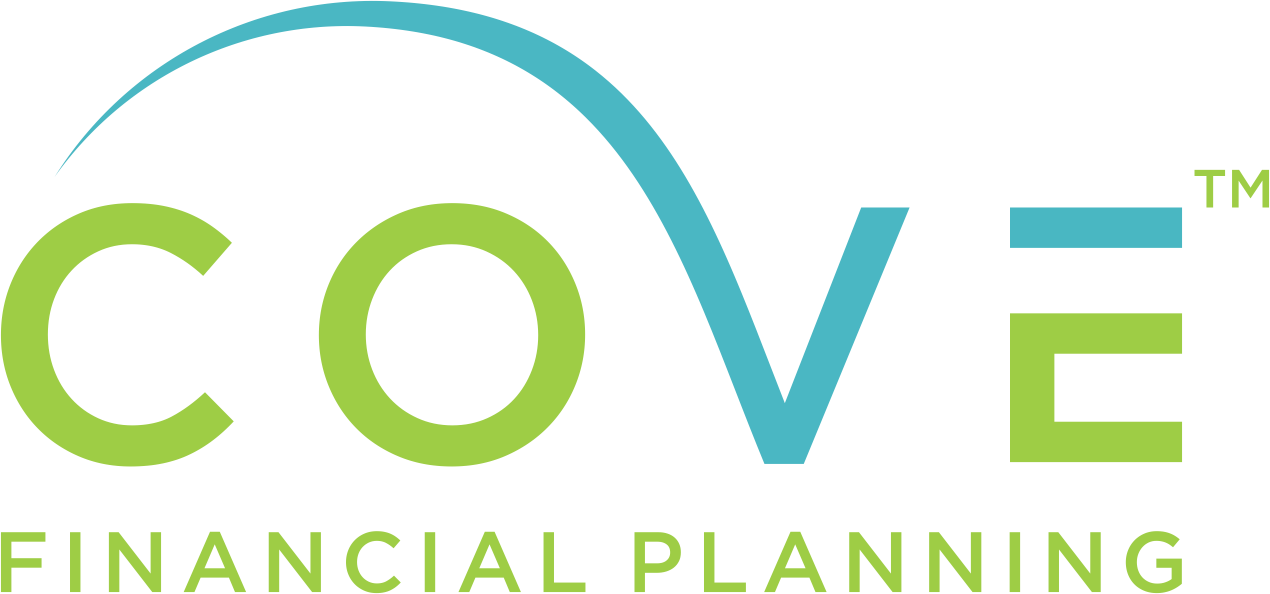Roth Conversions In A Down Market
As inconvenient (or downright scary) as a market correction is, they can provide great opportunities, specifically to those hoping to lower their taxes.
Roth conversions are one of the most impactful ways to reduce your tax bill during your lifetime, and with the market downturn this year, they’ve become even more appealing.
What is a Roth conversion?
A Roth conversion occurs when you move funds from a pre-tax account, such as a Traditional 401(k) or Traditional IRA, and into an after-tax Roth IRA.
Because you have not yet paid taxes on the funds in your Traditional 401(k) or Traditional IRA, you need to pay taxes on the amount you convert into your Roth IRA. This amount is added to your taxable income for the year you convert and taxed based on your ordinary income tax rate.
In short, a Roth conversion is paying some taxes on your retirement accounts now in order to avoid paying taxes on them later.
What’s the benefit?
The beauty of Roth conversions is, after you pay your taxes on the conversion, you never need to pay taxes on those funds ever again, even when you withdraw them from your Roth IRA in retirement.
In addition, you do not need to take Required Minimum Distributions (RMDs) from your Roth IRA like you will have to from your Traditional 401(k) and Traditional IRA beginning at age 72. RMDs get higher each year and can deplete your retirement savings even if you don’t need to take withdrawals. These RMDs can even push you into a new, higher tax bracket in retirement, leaving you with less control over your average tax rate each year.
As such, Roth conversions are particularly beneficial among investors who are in a relatively low tax bracket compared to their expected tax bracket later in retirement. This is often due to retirement, a job change or otherwise some sort of drop in income.
Are people actually doing this?
It’s no surprise that Roth conversions have grown considerably popular in recent years. In 2019, taxpayers did 892,000 Roth conversions totaling about $27 billion, according to the IRS. This is roughly double the amount of conversions done in 2014.
Fear of missing out (FOMO) isn’t reason enough to consider Roth conversions for this year. Since the US entered bear-market territory, your Roth conversions have the potential to grow considerably during the market recovery.
Would you rather earn a big investment gain in a pre-tax account or a tax-free account?
Why does it make sense to do Roth conversions now?
Roth converting during a down market—assuming it makes sense based on your income and tax situation—could result in a higher investment balance in your tax-free retirement account later on down the road.
Since the Great Depression, US stock-market returns in the first year following the five largest market declines equaled about 71%. A hypothetical $10,000 investment would have more than doubled during the five years after each historic market downturn.
I don’t know about you, but I’d rather double my investments in a tax-free account than in a taxable account. Now, there’s no guarantee we’ll experience a market recovery like those in the past, but if you believe the market will recovery, you might consider taking advantage of the current low point.
Who should consider Roth conversions?
Roth conversions aren’t for everyone. If you are in a high tax bracket now, it may be in your best interest to hold off on Roth conversions until your taxable income is lower or perhaps avoid them altogether.
If you are relatively young, or in a moderate or low tax bracket now and you expect to be in a lower tax bracket during your retirement years, then Roth conversions might be for you!
In addition, Roth conversions can be really impactful for those just entering into retirement, as this often means a lower taxable income when you stop earning your paychecks and instead rely on Social Security, pensions and portfolio income to live off of.
For more information about the best scenarios for Roth conversions, check out my flowchart: Should I Consider Doing A Roth Conversion?
Do you have questions about whether or not a Roth conversion is in your best interest? Reach out to me at Ben@coveplanning.com or schedule a free consultation call.
Sign up for Cove’s Build Your Wealth Newsletter to stay informed with the latest personal finance insights!
Ben Smith is a fee-only financial advisor and CERTIFIED FINANCIAL PLANNER™ (CFP®) Professional with offices in Milwaukee, WI, Evanston, IL and Minneapolis, MN, serving clients virtually across the country. Cove Financial Planning provides comprehensive financial planning and investment management services to individuals and families, regardless of location, with a focus on Socially Responsible Investing (SRI).
Ben acts as a fiduciary for his clients. He does not sell financial products or take commissions. Simply put, he sits on your side of the table and always works in your best interest. Learn more how we can help you Do Well While Doing Good!
Disclaimer: This article is provided for general information and illustration purposes only. Nothing contained in the material constitutes tax advice, a recommendation for purchase or sale of any security, or investment advisory services. I encourage you to consult a financial planner, accountant, and/or legal counsel for advice specific to your situation. Reproduction of this material is prohibited without written permission from Ben Smith, and all rights are reserved. Read the full Disclaimer.





